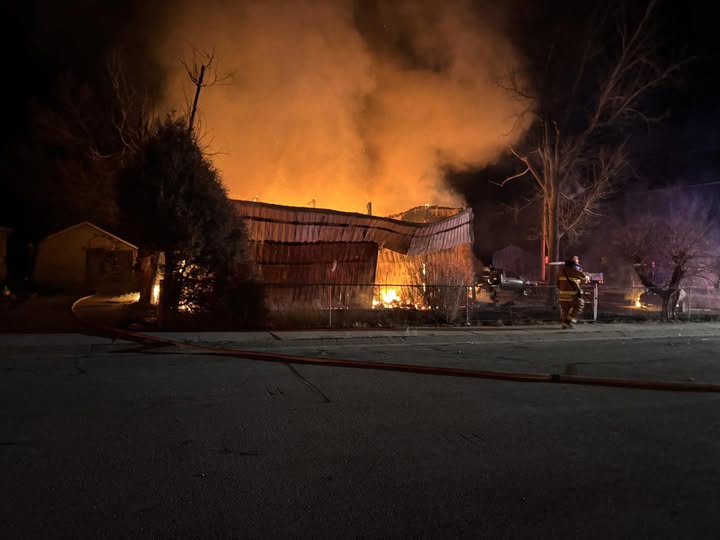RAPID CITY, S.D. (AP) — The U.S. Forest Service has given preliminary approval to a Minnesota company that wants to do exploratory drilling for gold in South Dakota’s Black Hills.
The land involved is near the Pactola Reservoir in the Black Hills National Forest and is owned by the federal government. The Forest Service draft decision would allow for 47 drilling pads totaling 3.3 acres, plus an assortment of roads and trails to access the pads. The proposed pad locations are near Jenny Gulch, just north of the small settlement of Silver City and also just north of the gulch’s outlet into the Pactola Reservoir.
Minneapolis-based F3 Gold has been seeking approval for its drilling project for several years.
The Forest Service has now completed its final environmental assessment and issued a draft decision that would allow the drilling to move forward, but with numerous restrictions to protect cultural sites, water and other natural resources.
The draft decision is subject to a 45-day objection period, during which those who previously submitted official comments on the proposal may submit objections to the draft decision. After that, the Forest Service will take the objections into consideration before issuing a final decision. Comments will be taken up to August 23. See the Jenny Gulch Exploration Drilling Project #57428 Legal Notice to Object, here.
Among those objecting to the exploratory drilling is the Black Hills Clean Water Alliance, Rapid City. BHCWA member Lilias Jarding believes mining could pollute Pactola Reservoir that is a major source of water for communities like Rapid City in addition to being a popular water recreational area.
Gold has been mined continuously in the Black Hills since the 1870s. The Homestake mine near Lead was once the largest and deepest gold mine in North America before it closed in 2002. Historical gold mining was a polluter of Black Hills waterways. Whitewood Creek in the northern Black Hills was formerly so polluted with thick, gray sludge and chemicals from mining that it was known as “Cyanide Creek.”
Mining companies had long used cyanide to extract gold ore from crushed rock, releasing the tailings and chemicals into waterways. Whitewood Creek had become more than a local eyesore; full of pollutants, its path wound from the Northern Hills, pouring into the Cheyenne River, then the Missouri River and eventually the Mississippi River.












